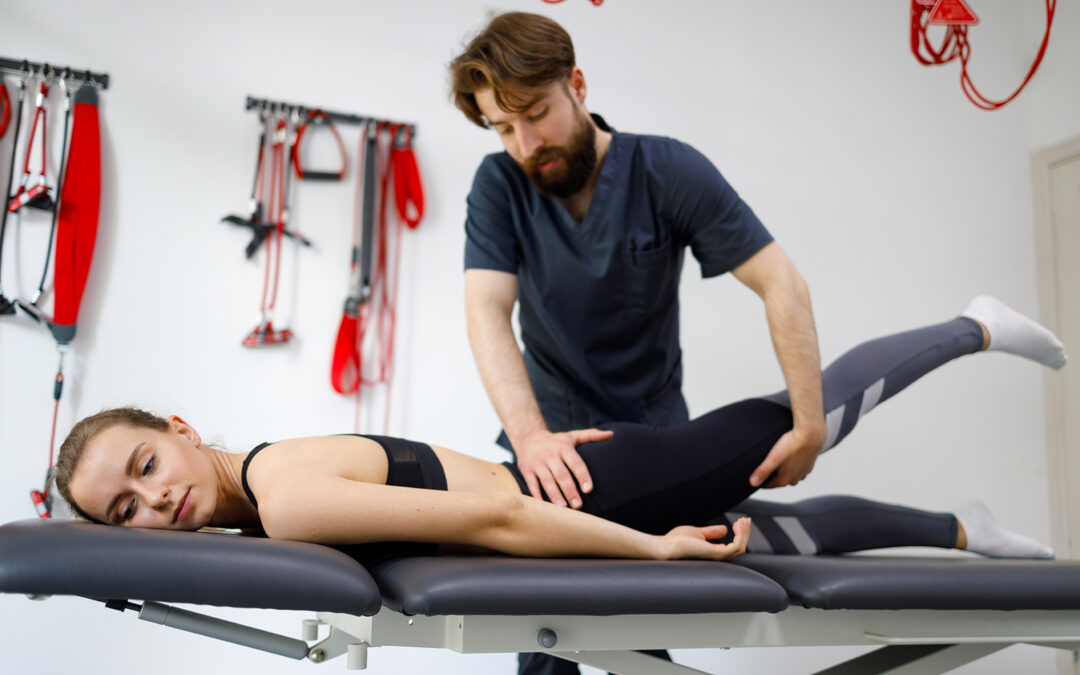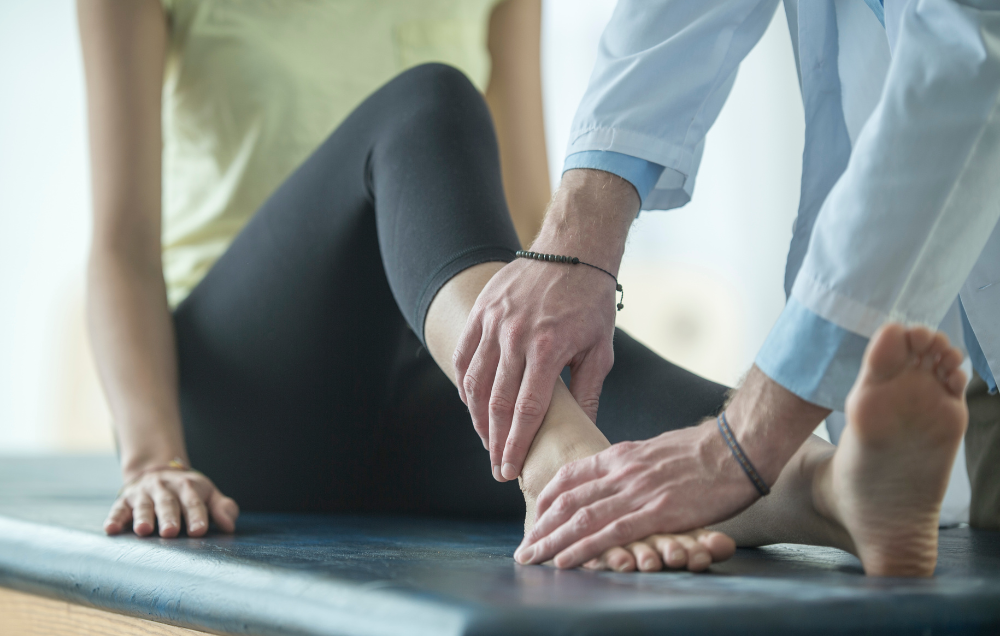Contents
An MCL injury, or medial collateral ligament injury, can be painful and can make your life difficult or painful. The MCL is a major ligament that’s located on the inner side of your knee. Injuries to the MCL are often caused by pressure or stress on the outside part of the knee. This can happen from a sudden or sharp blow to the MCL like an object hitting the knee, from a wrong movement during exercise, or even from a fall or bad trip. An MCL injury can make walking very painful due to pain in your knees as you walk or try to move.
You may have felt a popping sensation in your knee at the time of injury, followed later by the common symptoms of bruising, knee instability, swelling and the inability to hold your weight. You may be sensitive to pressure, and pain may occur as you walk or move your knee.
MCL injuries can vary in severity from a stretch, partial tear or complete tear of the ligament. And without proper assistance or treatment, you may prolong the healing of your MCL injury or it may not heal properly at all.
What are some factors to your MCL injury not healing and how can PT help?
You may be already in some form of medical treatment and not seeing progress in your MCL injury healing. Your MCL injury may not be healing for several reasons. This can happen because of lifestyle factors, age, or incorrect movements or form. Or you may have a more severe MCL injury that will not heal unless you seek surgical intervention.
Factors that may contribute to your MCL injury not healing are:
- You may have a more severe MCL injury.
An MCL tear is when the MCL tears off the femur and the knee gaps open on the inside with the knee out straight. This can make bending your knees very painful and difficult. This form of injury cannot heal itself because of the torn ligament, and you will need surgery. Physical therapy could be crucial to this injury’s recovery, because post-surgery you may re-injure that area or still experience chronic pain.
- You have developed chronic knee pain.
This can be a sign that your original MCL injury is not healing properly. It may also be a sign that your MCL injury has triggered a chronic, painful condition like early-onset knee arthritis.
With physical therapy treatment, you can work with a physical therapist to ensure that your injury is healing properly. They can help you restrengthen your knee and help relieve pain through exercises and hands-on treatment techniques that are intended to alleviate pain and promote healing. This can help with your MCL injury healing and also help your knees become strong again. A physical therapist can also help you take steps to prevent or address chronic knee issues that may result from your injury.
- You have been exercising like normal or not treating the pain.
If you have continued to exercise after an MCL injury without giving your body a break, recovery can take much longer. Focusing on keeping things normal and ignoring the pain may do more harm than good as the ligament won’t have the time to heal itself. Your MCL may even become more damaged without the healing time it needs. A physical therapist can help you learn how important rest can be to your healing. Also, they can help you get back to exercising after your initial healing period is over. They can also help you learn to perform your normal exercise routines in ways that reduce the strain on your knee. Additionally, your therapist can help you manage your pain as you get back into a normal exercise routine.
When would PT be beneficial for an MCL injury?
Even if those factors don’t relate to you, physical therapy can still be beneficial at any stage of your MCL injury recovery. A physical therapist can guide you through treatment that’s designed to help:
- Relieve pain.
- Alleviate tension.
- Promote mobility and movement.
- Reduce inflammation.
- Prevent further injury.
A physical therapist can work with you to help you meet your MCL injury recovery goals. If you’ve been recommended for surgery to repair your MCL, they also can help you before and after surgery when you may feel your most vulnerable or unsure. They can guide you through getting back to exercise and activities safely and without fear.
Get help for your MCL injury from Lattimore PT
Lattimore Physical Therapy has physical therapists who are trained in treating musculoskeletal injuries. They can guide you through treatment options based on your injury severity and ability level. Options like aquatic therapy can make moving and strengthening your muscles easier and less daunting.
Physical therapy can not only help you get back to feeling normal but also build back strength and confidence in your body. You can start your MCL healing journey today through a conversation about your goals and needs.
Contact our team today for more information or to schedule an initial appointment.



